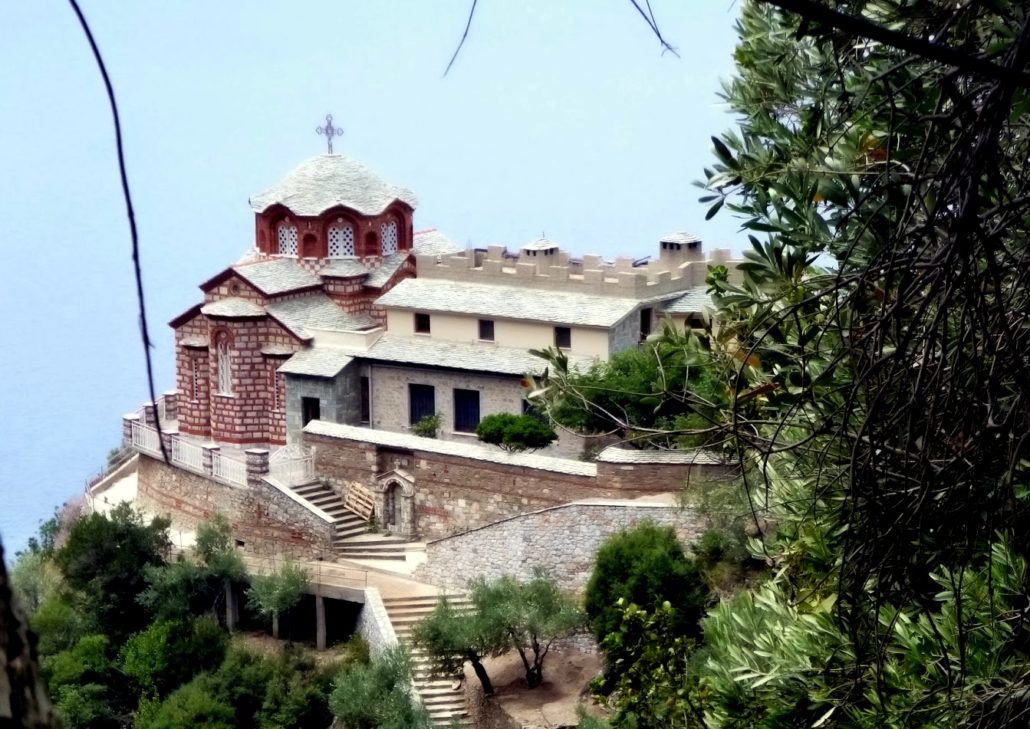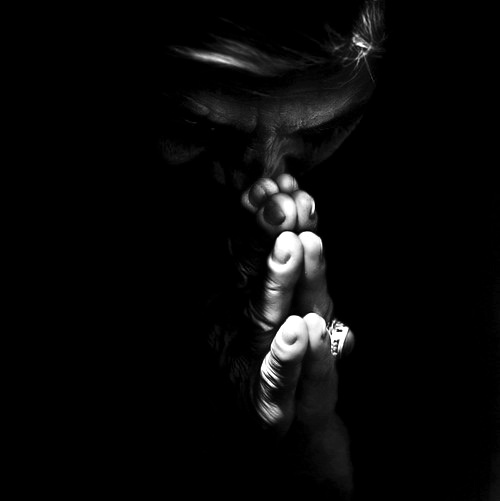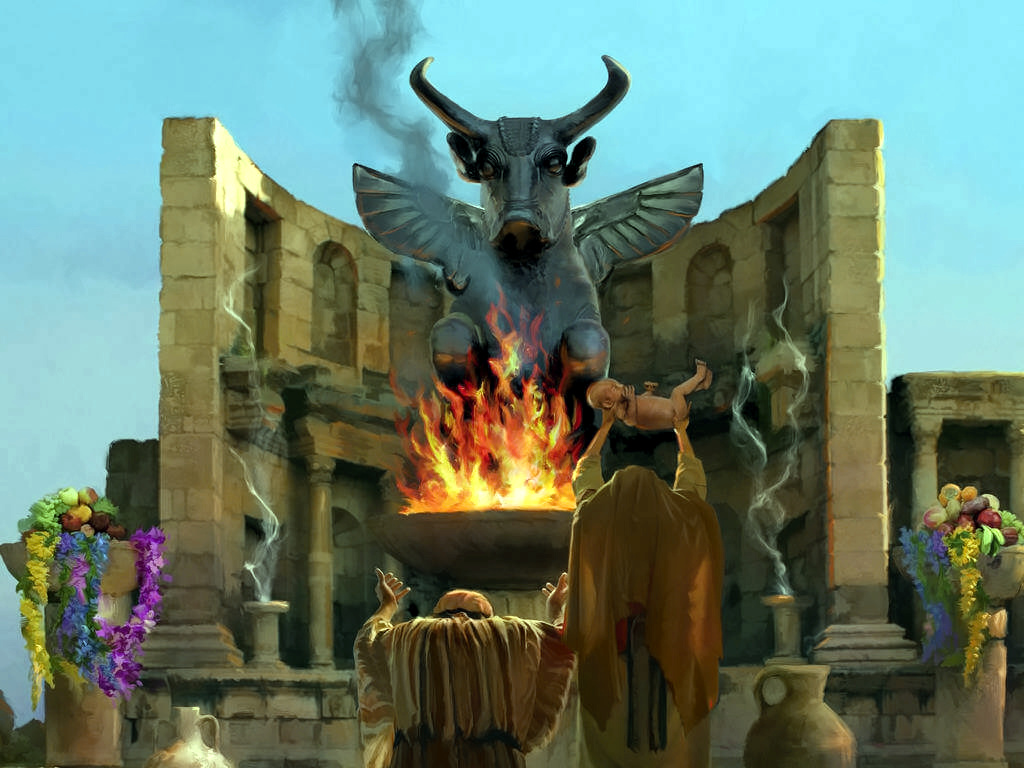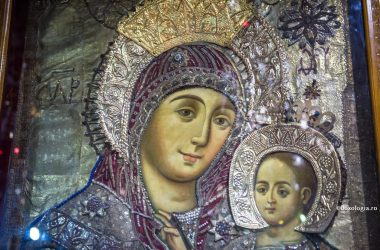In one of my journeys to the Holy Mountain in my quality of organizer of a group composed of 11 people, faced a difficulty meaning that where we hoped to find accommodation weren’t enough places. So three of us had to go to another hermitage. Being two united groups each one of them wanted to keep its men there. Although I could have said a word, I preferred not to interfere in the discussion leaving them free to do what they wanted. I looked carefully to see how they discussed, how they protected themselves, how they thought about themselves and nobody said from his personal initiative that he was willing to renounce at accommodation for the sake of someone else and go a little bit further to the other hermitage.
Thus I found myself one of the three who had to leave the hermitage. I thought it unjust for a while and I wanted to make objections but the holy place and the spiritual laws stopped me. Reaching the other hermitage I felt the need to speak with a monk who was on a visit there too about a similar case so that he could not make any connection with what had just happened.
I related to him my story which took place somewhere else with other persons involved. He listened to me carefully till the end then he answered to me by means of a parable.
`In order to tell you something very similar to this and make you fully understand the situation I will relate to you something from the life of the monks. One of the votes of the monks is that of poverty, meaning that the possession of goods is forbidden. From what you told me it’s nothing about possessions but about an attachment to a certain place.
The vote of poverty has at its base the isolation from the world and its temptations. Because being isolated from the world you make a fast progress in your spiritual evolution. It should be the same when it comes to the attachment of certain places. But I want to understand something clearly from you. What bothered that person? That he left a dear place or he was bothered by the attitude of the men?`
`Of course he was bothered by their attitude but the leaving of that dear place bothered him more. It was a place where he had got used to sleep, to eat and pray.`
`Good, now listen to what I am going to tell you. Some time ago a monk worked at his cell. He tried that hard with his spiritual confessor for long years. In the end they looked at it, it was wonderful and was shining of splendor. All the monks from that place admired it. After some time the spiritual confessor reposed and there came some other monks with other habits. Let’s say that because of their different view of the things or because of God`s will the young monk was asked to leave. `How to leave this place, thought the monk, when here is my home, I worked hard to build this cell, I built it stone by stone, I sculpted the altar and the chairs of the chapel, I put all my soul into it. Where to go? I don`t want to think about that.` Which shows that as long as you are still attached to the world you afre not yet attached to God. The situation you described to me about the grief of that person who didn’t remain where he would have like to stay represents nothing else than the barometer of the attachment of places and things. If he want to reach the shunning of passions than this is a good reason to practice it. But if he doesn’t know anything about such things he will continue to suffer for a while until he will naturally forget. Neither the monk from my short story was aware in the first moment that he had to separate himself of the material things and that was only a lesson for him. Only by separating yourself of the world and its possessions you become an experienced monk. So the man from your story should do the same, instead of suffering he should consider the incident a good reason for collectedness and comprehension of the situation. If you know him tell him this story.`
`Thank you, father, you have just done that yourself.`
Excerpt from the book Down to earth author Ionuț Riteș.






